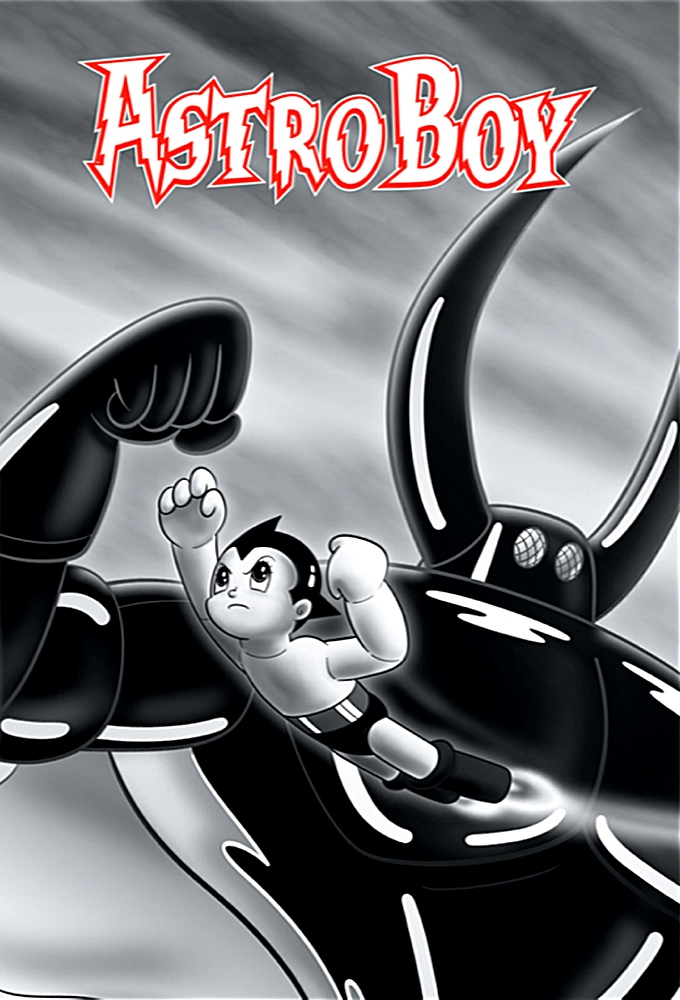
The 1963 black & white version of Astroboy was the first anime to cross the Pacific and penetrate American television. It was highly successful as it drew the highest ratings at that time. It was later taken off the air in 1966 as it completed its 104 episode run (193 episodes in Japan) and was losing its popularity due to its non-colour and "depressing" themes and story lines. In 1980 however, Astroboy was reborn in Japan and was brought back to North America in 1982 in a 51 episode colour series (52 episodes in Japan).
| Season | From | To | Episodes |
|---|---|---|---|
| All Seasons | |||
| Specials | 4 | ||
| Season 1 | January 1963 | December 1966 | 193 |
| Unassigned Episodes | 0 |
| Season | From | To | Episodes |
|---|---|---|---|
| Unassigned Episodes | 197 |
| Season | From | To | Episodes |
|---|---|---|---|
| Season 1 | January 1963 | July 1965 | 104 |
| Unassigned Episodes | 93 |
No lists.



Osamu Tezuka (手塚 治虫, born 手塚 治, Tezuka Osamu; 3 November 1928 – 9 February 1989) was a Japanese manga artist, cartoonist, and animator. Born in Osaka Prefecture, his prolific output, pioneering techniques, and innovative redefinitions of genres earned him such titles as "the Father of Manga" (マンガの父, Manga no Chichi), "the Godfather of Manga" (マンガの教父, Manga no Kyōfu) and "the God of Manga" (マンガの神様, Manga no Kami-sama). Additionally, he is often considered the Japanese equivalent to Walt Disney, who served as a major inspiration during Tezuka's formative years.
No lists.
Please log in to view notes.